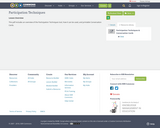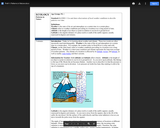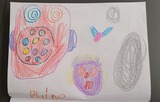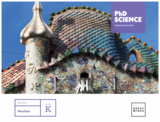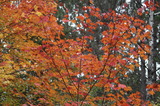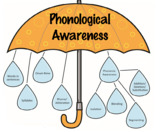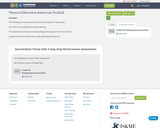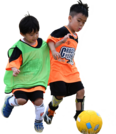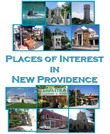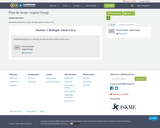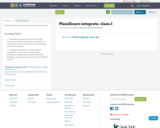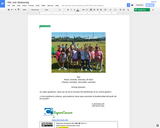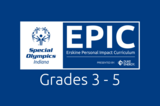Throughout the module, students study the anchor phenomenon, the cliff dwellings at Mesa Verde, and build an answer to the Essential Question: How did the cliff dwellings at Mesa Verde protect people from the weather? As students learn about each new concept, they develop and refine a model that represents a cliff dwelling and use that model to explore how cliff dwellings protected people from the weather. At the end of the module, students use their knowledge of weather to explain the anchor phenomenon, and they apply their learning to a new context in an End-of-Module Assessment. Through these experiences, students begin to establish an enduring understanding of weather and its effects. Specifically, students develop an understanding of the parts of weather, the effects weather has on people and their surroundings, and the ways people prepare for severe weather.
With PhD Science®, students explore science concepts through authentic phenomena and events—not fabricated versions—so students build concrete knowledge and solve real-world problems. Students drive the learning by asking questions, gathering evidence, developing models, and constructing explanations to demonstrate the new knowledge they’ve acquired. The coherent design of the curriculum across lessons, modules, and grade levels helps students use the concepts they’ve learned to build a deep understanding of science and set a firm foundation they’ll build on for years to come.
Cross-curricular connections are a core component within PhD Science. As an example, every module incorporates authentic texts and fine art to build knowledge and create additional accessible entry points to the topic of study.
Three-dimensional teaching and learning are at the heart of the curriculum. As students uncover Disciplinary Core Ideas by engaging in Science and Engineering Practices and applying the lens of Cross-Cutting Concepts, they move from reading about science to doing science.
© 2020–2022 Great Minds PBC. Except where otherwise noted, this content is published under Great Minds OER License 1 (greatminds.org/gm_oer_1). Use limited to noncommercial educational purposes. COMMERCIAL REPRODUCTION PROHIBITED.
